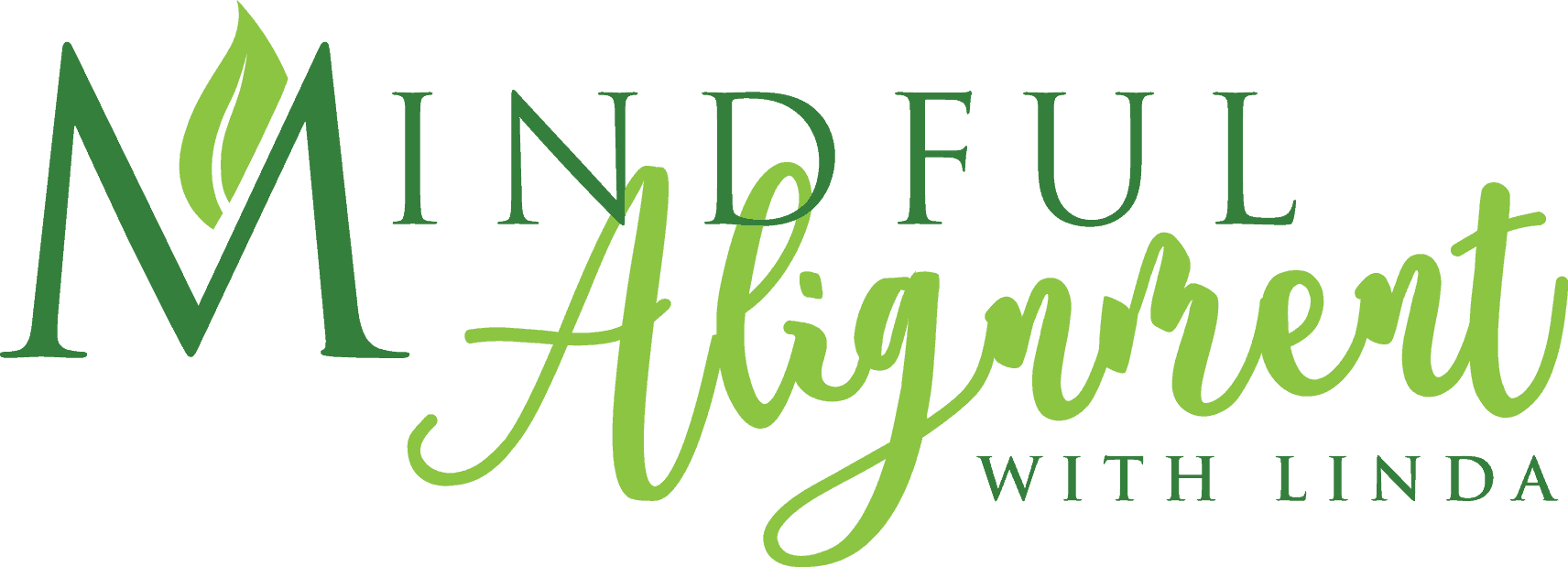Rotator Cuff Injuries
Maintaining peak health and fitness requires you to move and be active. Unfortunately, that can be very challenging with shoulder pain.
If you have suffered from shoulder pain, you know how it affects every aspect of your life. Some activities you enjoyed in the past are now impossible, and your ability to care for yourself might also be impaired. Effectiveness at work might also be reduced.
Understanding More About Shoulders
A complex ball and socket joint, your shoulder is formed by three bones — the shoulder blade, arm bone, and collarbone. The upper arm bone forms a ball resting against a socket in the shoulder blade. The shoulder socket, similar to the hip joint, allows a wide range of movement.
The rotator cuff is made up of muscles and tendons. The tendons hold the ball in place during motion. Unfortunately, the tendons have a propensity to tear as one ages, especially when an outstretched hand is used to break a fall.
Common Causes of Shoulder Pain
Shoulder pain may be caused by a frozen shoulder, rotator cuff injury, sprains and fractures, and the like.
Traditional treatments may include:
injections, surgery, and physical therapy. A new protocol is being tested to augment the surgical repair of a damaged rotator cuff injury.
According to iData Research, over 460,000 surgeries are performed every year in the United States, making this the second most common soft tissue repair performed by orthopedic surgeons.
A polyester patch has been developed to help prevent a reoccurrence of the original problem. The new patch has thousands of tiny holes so that new tissue can grow into the patch. In addition, the polyester patch is treated with hydrophilic, encouraging tissue cells which contain water to attach.
The patch strengthens the repair and reduces tension across the repair, reducing the risk for another tear.
Preventing Injury
Following are some suggestions to prevent rotator cuff injuries:
- Maintain good posture
- Avoid sleeping on your side with your arms overhead
- Limit activities with repetitive overhead arm action
- Exercise both the small and large muscles in the shoulder
- Start with low resistance exercises introducing more reps to strengthen the small muscles in the shoulder gradually
- Externally rotate the shoulder and arm before raising the arm to the side
Bottom Line: To prevent a shoulder injury or any muscle injury, keep your muscles strong and flexible. Maintain optimal body alignment with your ears aligned over the shoulders and hips. Practice balancing on one foot to help prevent falls.
If you would like help to reduce your pain or would like to know more information about my services, send me a message or call (973) 476-8661.
Are you tired of living with pain?
Are your activities and daily choices determined by your level of pain?
Are you ready to change your life for the better and gain back your physical freedom?
My unique and custom designed approach comes from years of training, education and experience. Together, we will get you back to living pain free and enjoying life.
Sign up for a private session today
It’s never too late to try something new.

Related Articles:
Beyond Calcium: The Power of Yoga for Bone Health
Discover how yoga supports bone health and osteoporosis prevention. Learn science-backed poses that strengthen your skeleton and reduce fracture risk.
The Motivation Paradox: Action is the Catalyst for Healing Back Pain
Discover the Motivation Paradox of Back Pain—why waiting for motivation keeps you stuck and how action is the true catalyst for healing. Learn science-backed strategies to break the pain cycle and reclaim mobility.
Transform Back Pain Anxiety: From Uncertainty to Empowerment
Discover how to navigate pain anxiety with empowerment. Embrace uncertainty and reclaim your healing journey through mindfulness and resilience.
Transforming Your Relationship with Back Pain: A Mindset Revolution
Back pain is more than a physical challenge—it's a profound psychological journey. The real battle isn't just in your muscles and joints, but in your mind. Your thoughts can either be a prison or a pathway to healing. Reframing Your Inner Narrative When chronic pain...




